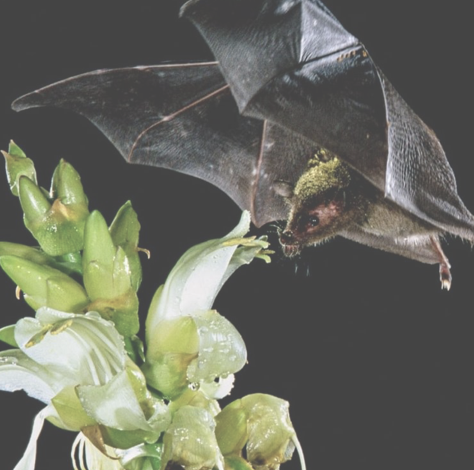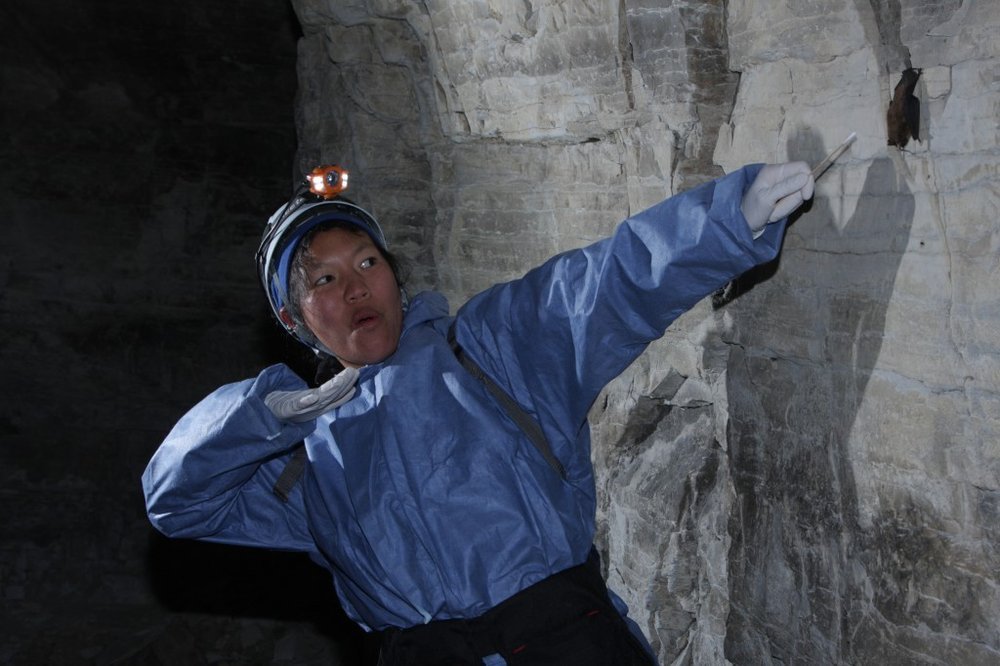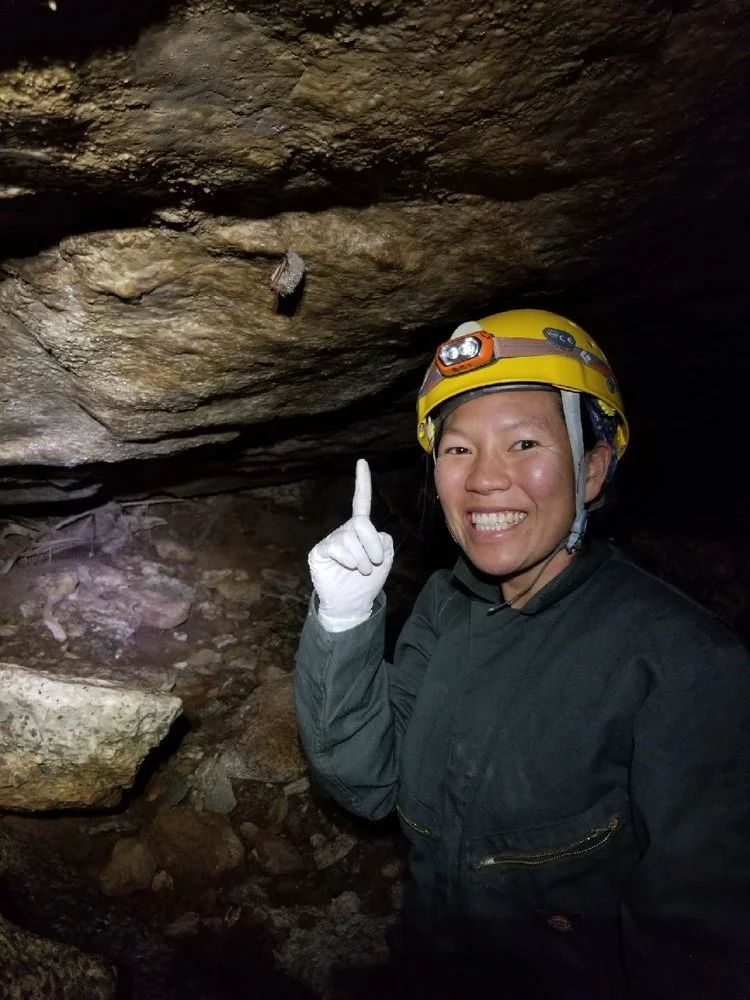Keep Exploring
Check out all these resources to continue learning about Quantitative Ecology
Quantitative Ecology
Quantitative Ecology is part of the following Field Guide(s):Insider Insights
Tips from Tina Cheng-
We often think about all the technical skills we need to develop to become a scientist, but it’s just as important to develop your passion! It’s like the saying goes, “If you do what you love, you’ll never have to work a day in your life!”
-
Science is fun, but it can also be challenging. Sometimes you might even feel like quitting! During those times, it’s important to find others in your community who can cheer you on when you need it the most.
-
You don’t need to be a genius to be a scientist. It takes time to become good at something. It’s like learning how to ride a bike. At first you might struggle and end up falling down a lot, but little by little you’ll improve and will eventually be able to take off the training wheels!
Related Scientists
Check out other people and careers in quantitative ecology or environmental conservation.
-

Kristen Lear, PhD
Bat Conservationist & Designer
-

Melquisedec Gamba Rios, PhD
Behavioral Ecologist & Photographer
-

Nidhi Santen
Energy Systems Scientist & Shopping Lover
-

Daniel Wangpraseurt, PhD
Coral Engineer & Surfer
Recommended Resources
-

Bat Data Scientist Interview
Sitting at her computer, Dr. Tina Cheng is on a conservation mission. She opens up a database to see a table of data about a bat disease called White-nose Syndrome. Check out this interview at Batcon.org
-

Learn about Ecology
This text created by LabXChange provides a brief introduction to ecology for ecosystems, energy flow through ecosystems, and biogeochemical cycles. It’s the type of foundational knowledge that can be helpful for Quantitative Ecologists.
-

Learn about Bats
Why did Tina choose to focus her skills and efforts on bats? Bats are a critical part of the global (and many local!) ecosystems, playing roles in pest consumption, plant pollination, and seed dispersal. Learn more about why bats are so important from Bat Conservation International.
-

Interview with a Quantitative Ecologist
In this short video, featuring Dr. Linda Joyce, you can see a different example of a Quantitative Ecologist’s work. Watch as she breaks down why she loves the field, and how she’s studying the impact of climate change on wildlife habitats.
This spotlight was made possible by Bat Conservation International
Bat Conservation International is a global conservation organization dedicated to ending bat extinctions. It provides exciting opportunities to learn, engage in activities, and discover new media all about the incredible world of bats and why they are so important to people and the planet.
WEBSITE →
TWITTER →Looking for teacher resources?
PHOTOGRAPHER: Tandem Photo • Illustrator: Eira Gemanil© 2024 THE PLENARY, CO. ALL RIGHTS RESERVED. TERMS. PRIVACY.This is a brand new site! See an issue? Let us know.





